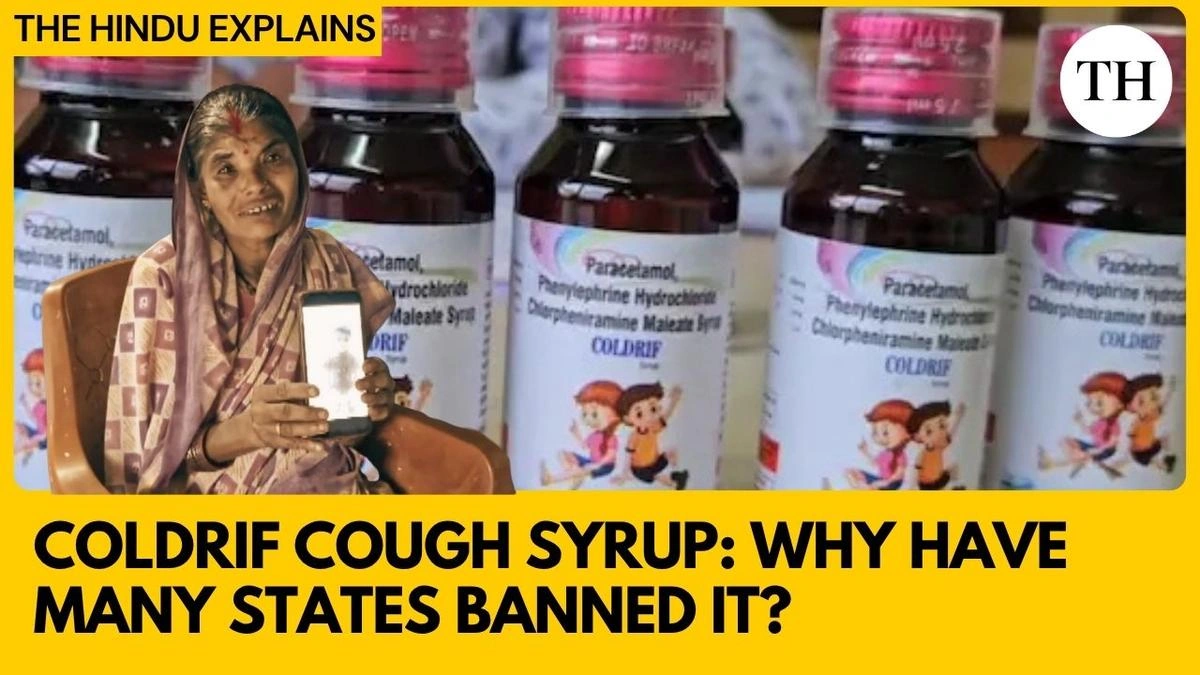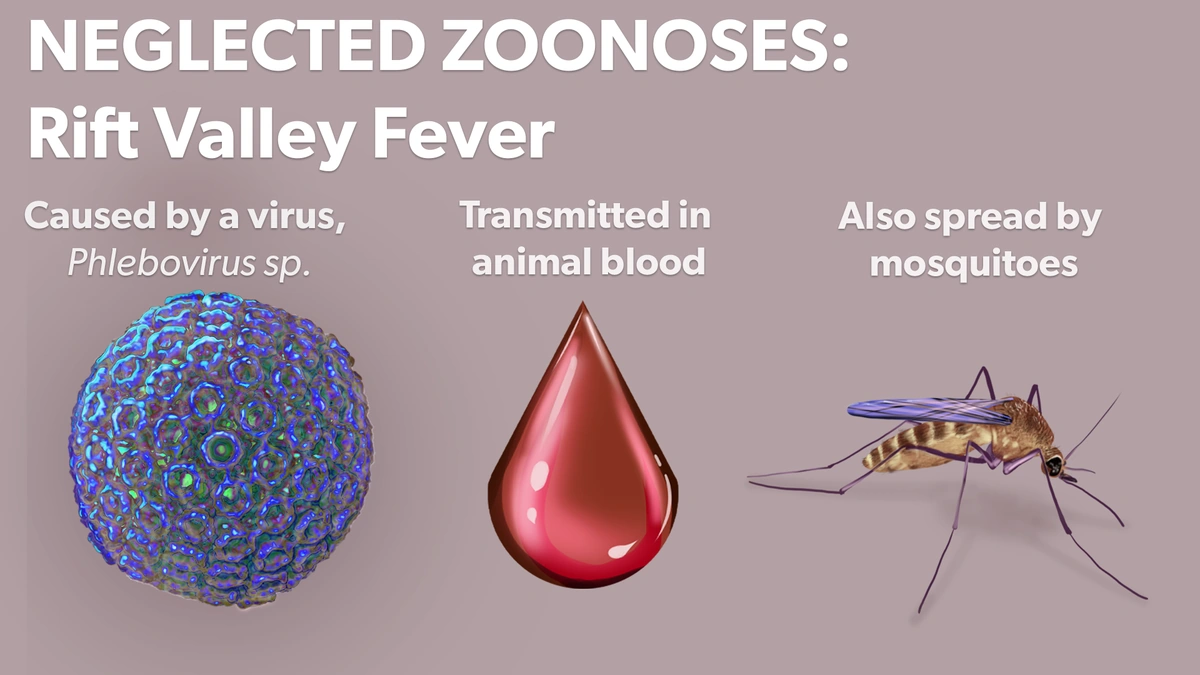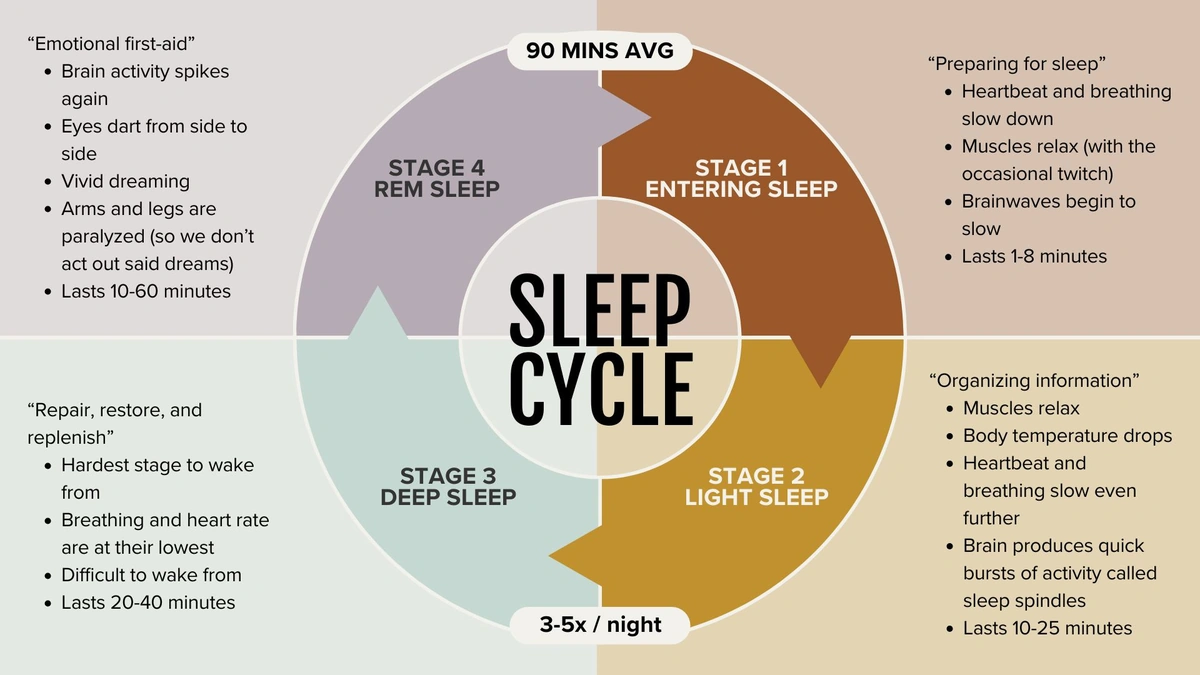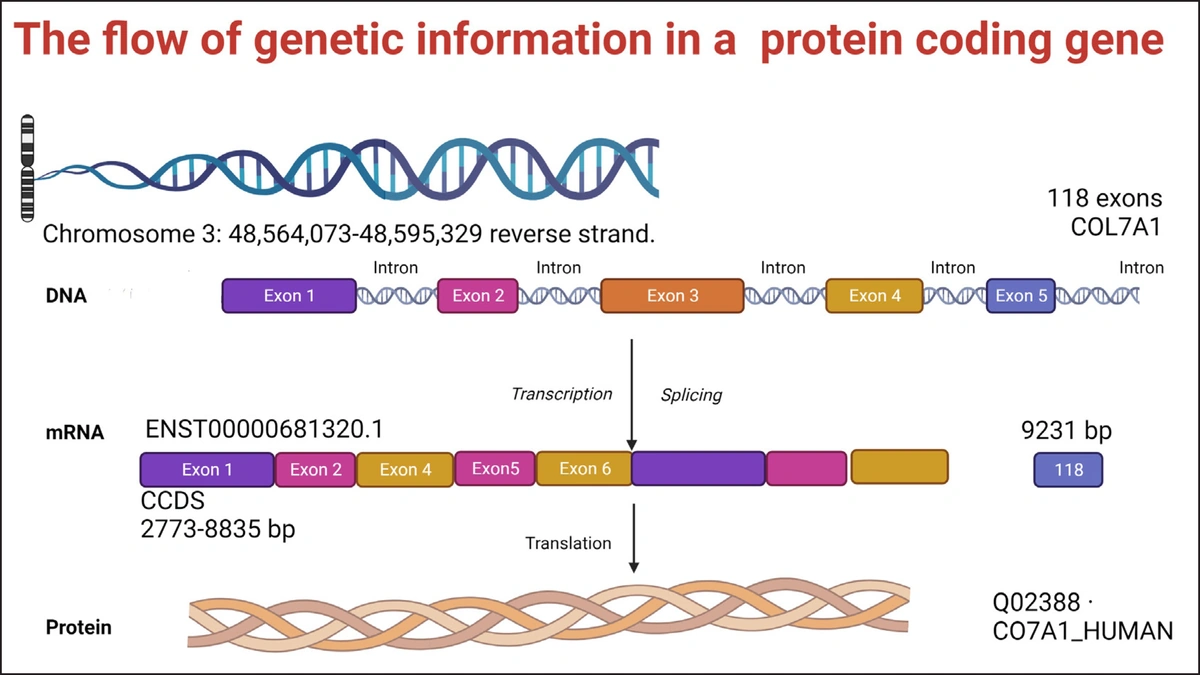Cough Syrup Dangers | Why Children Are Dying
Let’s be honest, we all reach for cough syrup when that tickle in the throat starts. It’s a reflex, almost. But what if that simple act of trying to soothe a cough could have devastating consequences? That’s the question we need to confront head-on. Recent reports of children losing their lives after consuming contaminated cough syrups are not just alarming; they’re a wake-up call. And it’s not just happening in one corner of the world; it’s a global issue demanding urgent attention. The real tragedy? These deaths are often preventable. So, let’s dive into the ‘why’ behind this crisis, explore the dangers lurking in seemingly harmless bottles, and, most importantly, figure out how to protect our little ones.
The Alarming Reality of Toxic Cough Syrups
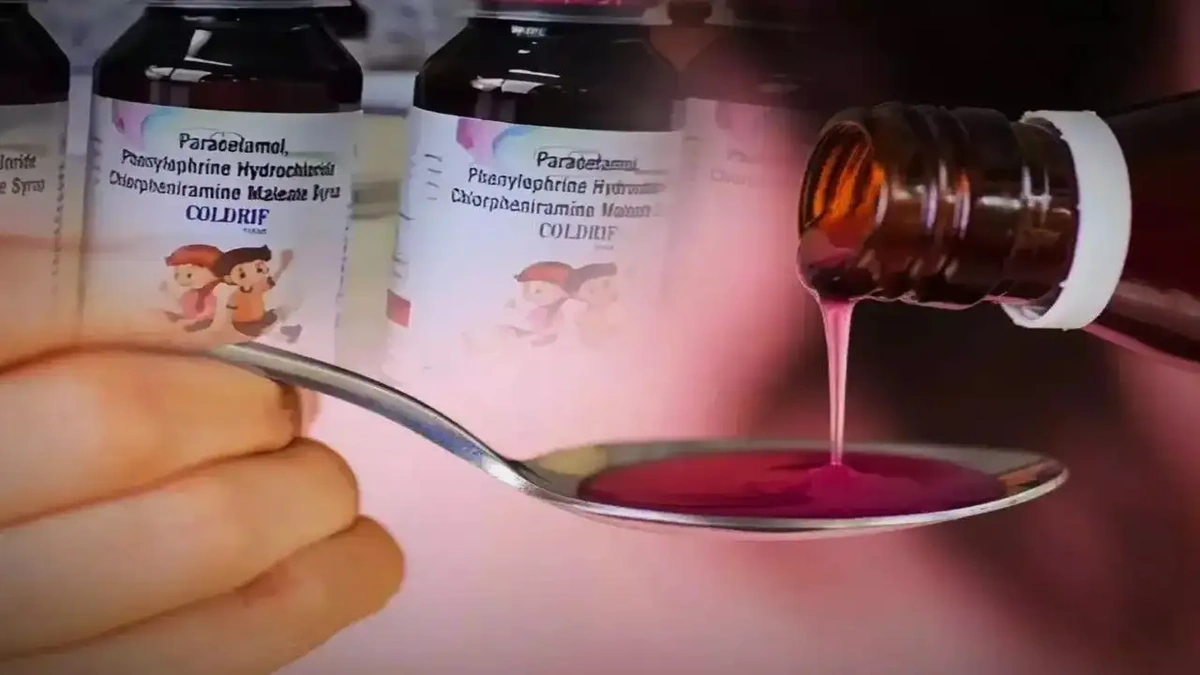
Here’s the thing: the danger isn’t necessarily in the active ingredients designed to suppress a cough. The problem lies in the presence of toxic substances like diethylene glycol (DEG) and ethylene glycol (EG). These chemicals, often used in industrial applications, can find their way into cough syrup manufacturing as cheaper, albeit deadly, substitutes for safe solvents like propylene glycol. I initially thought this was a simple case of negligence, but then I realized the issue is far more complex, involving supply chain vulnerabilities, inadequate regulation, and, in some cases, outright criminal activity.
According to the World Health Organization (WHO), these contaminants can cause severe kidney damage, neurological problems, and even death, especially in young children whose bodies are less equipped to handle such toxins. The symptoms can be insidious at first – vomiting, diarrhea, abdominal pain – easily mistaken for a common childhood illness. But as the toxins accumulate, the consequences become dire. The insidious nature is a major reason the cough syrup crisis has not been appropriately addressed.
But, why are these dangerous chemicals being used in the first place? The primary reason is cost. Diethylene glycol and ethylene glycol are significantly cheaper than pharmaceutical-grade solvents. In regions with weak regulatory oversight and a focus on minimizing production costs, the temptation to cut corners can be overwhelming. This isn’t just a matter of accidental contamination; it’s often a deliberate choice with deadly consequences. This is compounded by the fact that many countries, including some in India, have complex supply chains, making it difficult to trace the origin of ingredients and ensure quality control at every step.
Why India’s Supply Chain is a Concern
India is a major pharmaceutical manufacturing hub, supplying medicines to countries worldwide. This is a point of pride, but it also carries immense responsibility. A common mistake I see people make is assuming that because a medicine is manufactured in India, it automatically meets global safety standards. That’s not always the case. While many Indian pharmaceutical companies adhere to stringent quality control measures, some smaller players may not have the resources or the inclination to do so.
What fascinates me is how these substandard or falsified products manage to slip through the cracks. The answer, as I mentioned above, often lies in the intricate supply chain. Ingredients may pass through multiple intermediaries, making it difficult to verify their authenticity and purity. Weak enforcement of regulations and inadequate testing facilities in some regions further exacerbate the problem. According to various news reports, many cases have been traced back to small-scale manufacturers operating in unregulated environments. This puts the public at risk, particularly in countries with weaker regulatory frameworks. Cases have already been reported across the world .
And, it isn’t just about catching the culprits after the fact. Prevention is key. This requires a multi-pronged approach involving stricter regulations, increased surveillance, enhanced testing capabilities, and, perhaps most importantly, greater awareness among healthcare professionals and the public.
Protecting Your Family | A Practical Guide
So, how can you protect your family from the dangers of contaminated pediatric cough syrup ? Here’s the thing: you don’t have to live in constant fear. Knowledge is power. The one thing you absolutely must do is become a vigilant consumer.
First, always buy medicines from reputable pharmacies. Avoid purchasing medications from unverified sources or online retailers offering suspiciously low prices. Second, carefully inspect the packaging. Look for signs of tampering, such as broken seals or damaged labels. If anything seems amiss, err on the side of caution and do not use the product. Third, be aware of the symptoms of DEG/EG poisoning. As mentioned earlier, these include vomiting, diarrhea, abdominal pain, and altered mental status. If your child exhibits these symptoms after taking children’s cough syrup , seek immediate medical attention.
But beyond these basic precautions, consider these additional steps. The latest circular from regulatory bodies advises parents to opt for alternative remedies for coughs and colds, especially in young children. Simple home remedies, like honey and lemon in warm water (for children over one year old), or saline nasal drops, can often provide relief without the risk of exposure to potentially harmful chemicals. You should also discuss any concerns you have about medication safety with your pediatrician or pharmacist. They can provide valuable guidance and help you make informed decisions about your child’s health.
Furthermore, actively support efforts to strengthen pharmaceutical regulations and enforcement. Contact your elected officials and advocate for greater accountability in the pharmaceutical industry. By demanding safer medications, we can collectively contribute to a healthier future for our children.
Navigating the Regulatory Landscape and Promoting Accountability
What fascinates me is how difficult it is to hold those responsible accountable for these tragedies. Often, the companies involved are small, fly-by-night operations that disappear as quickly as they emerge. The legal processes can be slow and cumbersome, and the victims’ families may lack the resources to pursue justice. As per the guidelines, an investigation needs to happen, but it can take months.
According to the current global health landscape, it’s imperative that we strengthen international cooperation to combat the problem of substandard and falsified medicines. This includes sharing information about dangerous products, coordinating regulatory efforts, and providing assistance to countries with weaker regulatory systems. International organizations like the WHO play a vital role in this effort, but their effectiveness depends on the willingness of individual countries to cooperate and share resources. It is important to have a robust pharmaceutical quality control system.
But accountability isn’t just about punishing wrongdoers. It’s also about creating a culture of responsibility within the pharmaceutical industry. Companies must prioritize patient safety above all else, investing in rigorous quality control measures and ensuring that their products meet the highest standards. Regulatory agencies must be empowered to conduct thorough inspections and impose meaningful penalties on companies that violate regulations. And healthcare professionals must be vigilant in reporting any suspected cases of adverse drug reactions.
Cough Syrup Alternatives | Natural Remedies
Here are a few more cough syrup alternatives .
- Honey for children older than one year.
- Saline nasal drops.
- Humidifiers.
- Plenty of fluids
Let’s be real, no one wants to hear that their child has to suffer from a cough. But sometimes, the best medicine is simply time, rest, and plenty of love. By working together – consumers, healthcare professionals, regulators, and pharmaceutical companies – we can ensure that the cough syrups we reach for are truly a source of relief, not a cause for concern.
FAQ
What are the signs of a contaminated cough syrup?
Signs include unusual taste or odor, discoloration, or inconsistencies in the liquid. Also, be wary if the packaging is damaged or if the product is from an unverified source.
What should I do if I suspect my child has consumed contaminated cough syrup?
Seek immediate medical attention. Describe the symptoms and provide information about the product consumed, if available.
Are all cough syrups dangerous?
No, but vigilance is essential. Buy from reputable sources, inspect the packaging, and be aware of potential symptoms.
What are the long-term effects of DEG/EG poisoning?
Long-term effects can include chronic kidney disease, neurological damage, and developmental delays in children. Early intervention is key to managing these effects.
How can I report a suspected case of contaminated medicine?
Contact your local health authorities or regulatory agency responsible for pharmaceutical oversight.
Where can I find more information about safe medication practices?
Consult your pediatrician or pharmacist, or refer to reputable sources like the World Health Organization and your country’s health ministry.
The cough syrup crisis, while terrifying, is ultimately a call to action. By educating ourselves, demanding accountability, and supporting efforts to strengthen pharmaceutical safety standards, we can protect our children and create a world where access to safe and effective medicines is a reality for all. It’s our duty to make sure that the cure doesn’t end up being worse than the disease.
